QuestionI have a 7 year miniature poodle Jr. About 5-6 years ago on a trip to groomer they accidently poked him in his eye and he required trip to vet. Vet gave him medicine for the wound and seemed to have healed. Jr. normally is a very loving, exciting and happy dog. After this misadventure with the groomer we've had about a dozen incidents where Jr. gets vicious and bites. The first time he was underneath the kitchen table with a paper towel he retrieved from the garbage can and I made the mistake of trying to get it back. Another time, he was behind the couch at my mothers and again she put her hand down to retrieve some item he had taken back there. Now I would normally think that it's just because he doesn't want to give up these items, but that doesn't explain the same behavior when he was laying in bed and mom moved her foot, he attacked her foot. And just recently, I was attempting to get out of bed and Jr. was already on the floor unbeknownst to me until all of a sudden my foot was being viciously attacked. It's like Jr. has an evil side to him that nobody would ever suspect. His face looks like that of the dogs in dog fighting. He is loved by so many people and I can't believe that he needs to be put down. I just can't stand the thought of him biting someone else, mainly a child or elderly person. And to be honest, I don't like getting bitten, I'm getting older and my skin is getting thinner. I know there's probably more that you need to know, but not sure what?
AnswerThe behavior you are describing is called resource guarding. I doubt it is related to the incident at the groomer, and probably it was a coincidence that it started around then (which would have also been about the time he reached social maturity) He is guarding objects which are valuable to him, and also "his" space. When a dog switches into resource guarding mode, he really does become a different dog. And many resource guarders are sweet, sweet dogs when they aren't guarding, which makes it all the more shocking when they do this. (If the dog is vicious and crabby all the time it's no surprise when he bites).
I'd get him in to the vet for a thorough physical (make sure he's seeing well, his body isn't painful) and get bloodwork done including a thyroid panel, and tick borne disease panel to be sure there isn't a physical reason for his grumpiness.
Resource guarding can be a simple misunderstanding about who owns things, and who makes the rules. Frequently it accompanies a dog who is a bit spoiled, and doesn't have consistent rules or boundaries. A resource guarder absolutely shouldn't be on the bed - especially one who bites people for moving their feet (I would have him sleep in a crate)and I'd consider a good dose of training and Nothing in Life is Free
http://k9deb.com/nilif.htm
I would teach him a really strong "leave it" and "trade" so it becomes automatic and I would learn his "tells" (*usually freezing, with head slightly lowered, oriented towards the "valuable" object)When you see that, instead of reaching in and triggering an attack, give him something else to do and change the subject. Have a plan, and do enough training that he knows how to respond to your plan.
Additionally, in some resource guarders the behavior is hard wired, similar to obsessive compulsive disorder. In that case, training alone isn't going to change the situation but a combination of the right anti-anxiety medication, and a good behaviorist or really good trainer (who isn't going to tell you to punish him - that just makes his emotional state more unstable, and convinces him that he is right about you taking his stuff...) If your vet doesn't have a strong background in anti-anxiety meds, there are specialists he can consult with, or the best bet, be able to refer you to a veterinary behaviorist. Getting the right meds is important, as some can lower inhibitions and make the dog worse.
A resource guarder should not be with small children, and I would manage him carefully around other people. You can probably improve the situation, but you may be faced with it being something you can manage by avoiding situations likely to trigger him, take the edge off with medications, but never be able to trust him to always act like a normal dog. And, if you do see an improvement, that doesn't mean you can relax your management or your training protocol. It just means you are on the right track and should continue to do the things that work
Sandy Case BFA MEd CDPT www.positivelycanine.com

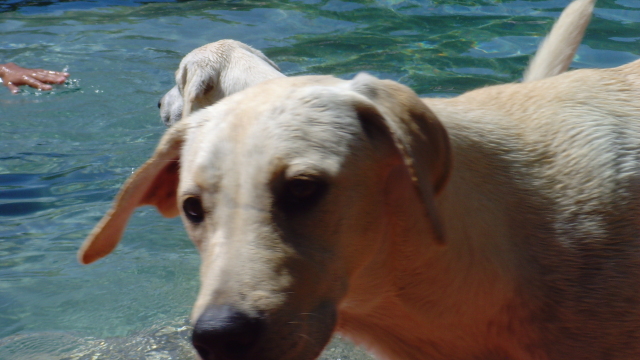 Psychological trauma
Question
Izzy
I recently took my 1 year old dog to a fr
Psychological trauma
Question
Izzy
I recently took my 1 year old dog to a fr
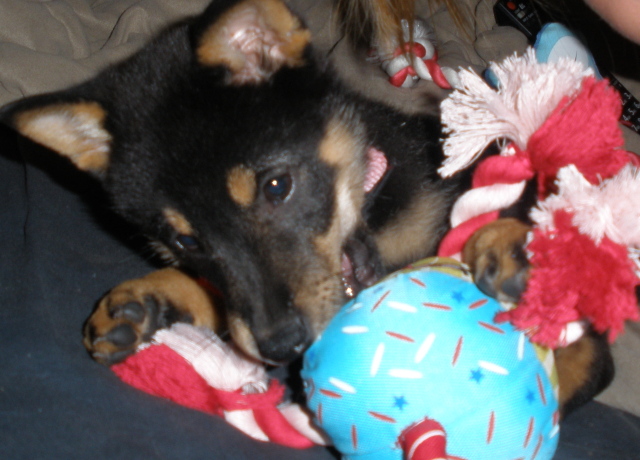 My Shiba Inu
Question
Lola
I bought a registered Shiba Inu puppy fro
My Shiba Inu
Question
Lola
I bought a registered Shiba Inu puppy fro
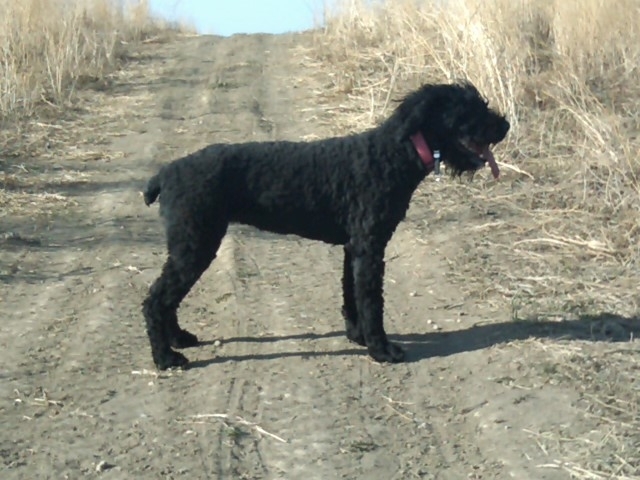 I was riding my bicycle when my 1yr old Bouvier bit my leg
Question
Pup
Hello, I have a 1yr old intact Bouvier bit
I was riding my bicycle when my 1yr old Bouvier bit my leg
Question
Pup
Hello, I have a 1yr old intact Bouvier bit
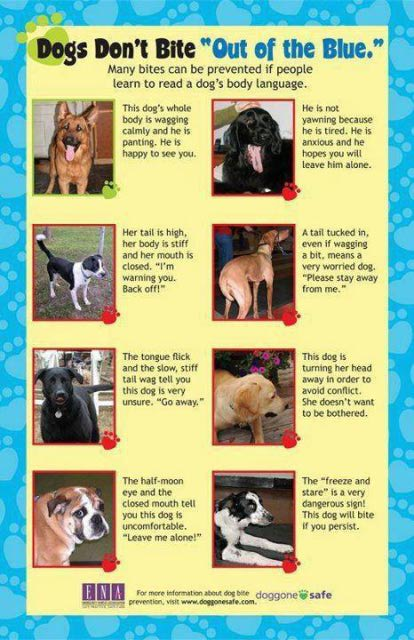 Is this aggression, dominance, or play?
QuestionQUESTION: I have a question regarding doggy beh
Is this aggression, dominance, or play?
QuestionQUESTION: I have a question regarding doggy beh
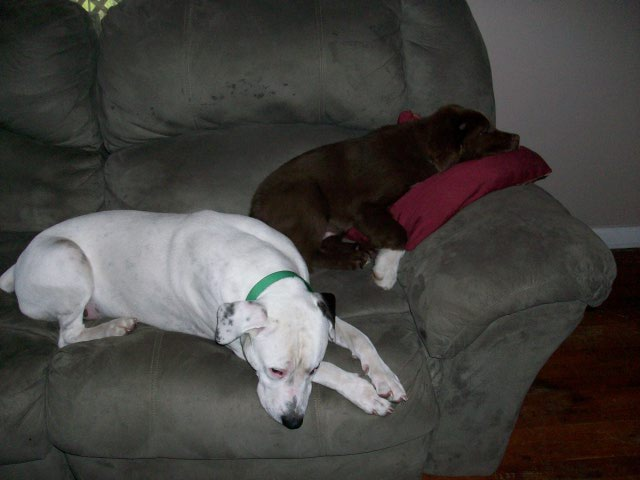 American Bulldog aggression
Question
Buddy and Rez
I have a 2 year old Ameri
American Bulldog aggression
Question
Buddy and Rez
I have a 2 year old Ameri